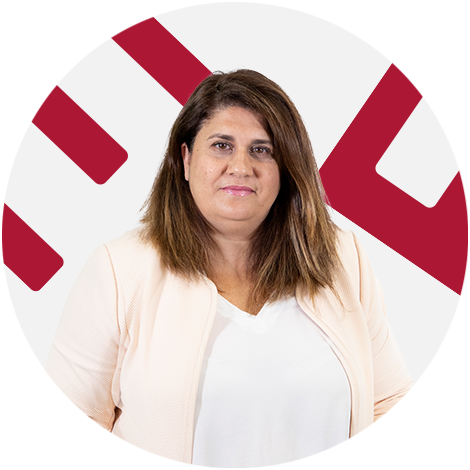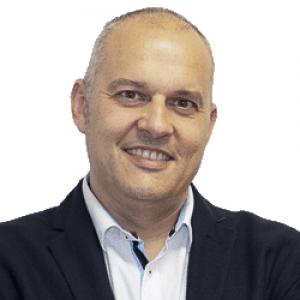INTERNATIONAL FINANCE

Especialízate en esta área y destaca en tu desempeño profesional. Con este curso puedes convertirte en un experto capacitado para dirigir con eficacia proyectos empresariales. Para ello, esta formación ha sido elaborada minuciosamente por expertos de la industria, abordando a fondo las demandas actuales del sector.
Por tanto, este curso te permite adquirir y actualizar tus conocimientos y habilidades de forma rápida, pero sin renunciar a la calidad de los contenidos. De esta forma, puedes mejorar tus competencias profesionales y aplicar lo aprendido de manera efectiva en tu desempeño diario.
En este sentido, este curso pone a tu disposición los fundamentos, técnicas y herramientas esenciales para llevar a cabo acciones clave en este ámbito. Prepárate para analizar situaciones, diseñar estrategias, liderar acciones y tomar decisiones de manera rigurosa. Sin duda, te capacitarás para destacar en el entorno profesional y en el desempeño de tus responsabilidades.
Descubre los módulos y conceptos clave
Cada uno de los módulos de este curso ha sido elaborado rigurosamente atendiendo a las necesidades actuales y futuras tanto de los profesionales como de las empresas.
¡Explora todas las materias que conforman este curso!
Conoce a nuestros profesores
Abrimos la educación a una experiencia global y la adaptamos al futuro profesional que viene. Fórmate en un espacio interactivo y colaborativo, en contacto directo con profesores y alumnos.






Objetivos
- Desarrollar habilidades y conocimientos que aumenten las oportunidades de empleo, brindando una ventaja competitiva en el mercado laboral.
- Proporcionar herramientas y recursos que permitan la aplicación de manera efectiva los conocimientos adquiridos en situaciones del mundo real.
- Proporcionar una formación profunda y especializada, permitiendo a los participantes destacar como expertos en ese campo y diferenciarse en sus roles profesionales.
- Proporcionar conocimientos sobre las últimas tendencias y avances en esta área, asegurando su relevancia en las demandas actuales en el panorama empresarial.

Metodología
Learning by doing
En ENAE hemos desarrollado una metodología basada en la participación activa de los estudiantes. De esta forma, se combinan las cuestiones más teóricas con los casos prácticos. Así, los alumnos pueden poner en práctica lo aprendido sobre situaciones empresariales reales.
Trabajo en equipo
Las actividades en grupo permiten crear sinergias entre los alumnos más allá de las propias tareas del curso. Además, son una excelente herramienta para conocer otras perspectivas e intercambiar opiniones. Indudablemente, esto enriquece la formación creando relaciones profesionales y adquiriendo conocimientos al mismo tiempo.
Profesores con amplia experiencia profesional
Los docentes de este curso, además de experiencia como profesores, son profesionales del sector con una gran trayectoria profesional. Esto se traduce en una perspectiva actualizada y profundamente especializada, capacitándolos para transmitir sus conocimientos sobre esta área.



















